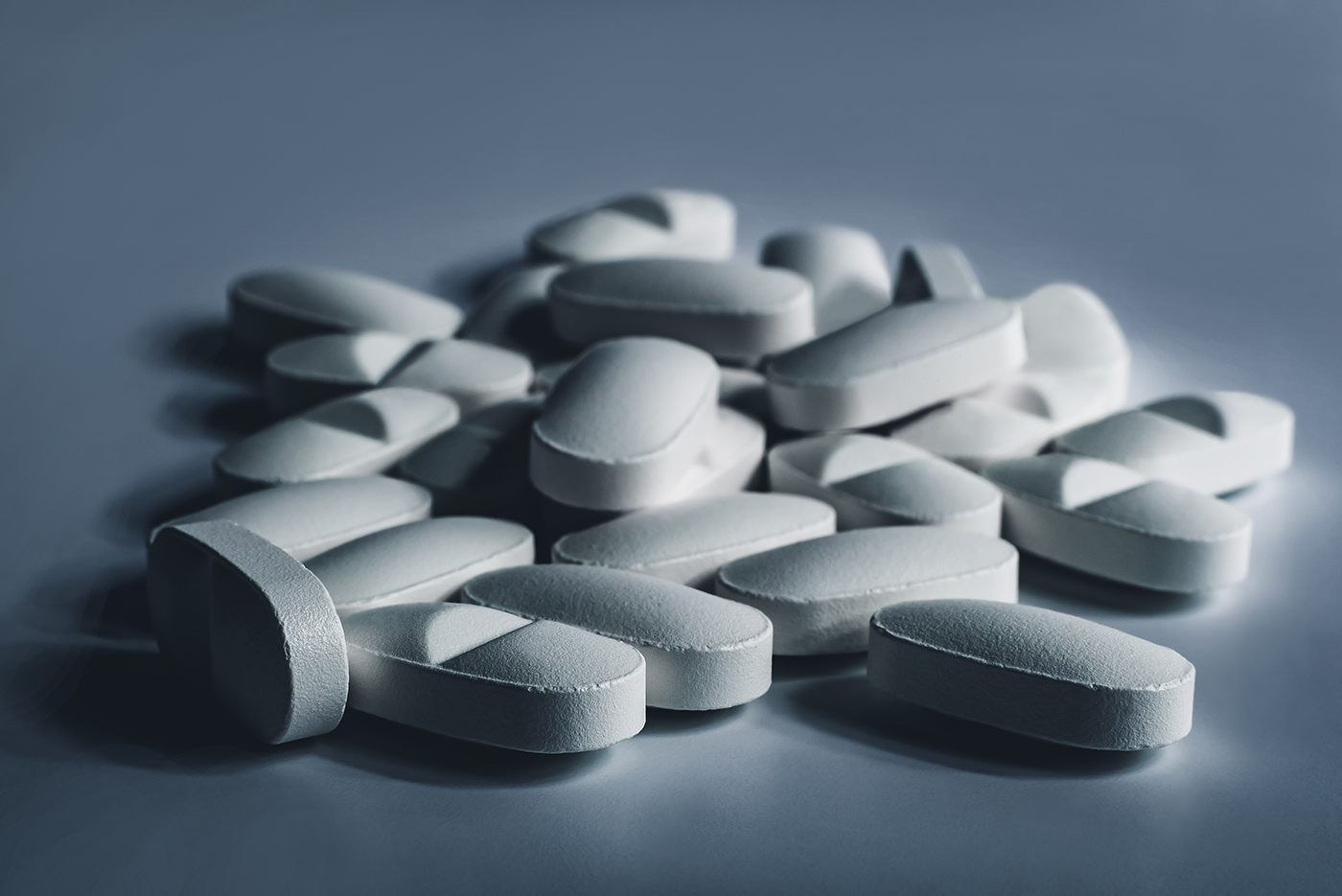
Substance use disorder, especially involving opioids, is a complex subject that has reached every corner of our nation. Unlike the COVID-19 pandemic, for substance abuse disorder there is no vaccine or simple, easy-to-follow health guidance to lower the risk or reduce the damage. Instead, there are many different prevention, treatment, harm reduction, and recovery methods that can be deployed in response to addiction. Just as the virus that causes COVID-19 continues to spawn variants, there are ever-expanding trends in substance use.
To learn about these trends and emerging practices, several ACHI staff members attended the national Rx and Illicit Drug Summit in Atlanta April 18”’21. Notable speakers included Dr. Miriam Delphin-Rittmon, assistant secretary of the Substance Abuse and Mental Health Services Administration; U.S. Rep. David Trone of Maryland; Minnesota state Rep. Dave Baker; and Dr. Rahul Gupta, director of the White House Office of National Drug Control Policy.
One major trend addressed in several sessions was the increasing presence of counterfeit pills in the U.S. Pills with high doses of the synthetic opioid fentanyl are being illicitly manufactured to look like legitimate medications such as OxyContin and Xanax. The differences are hard to tell with the naked eye, even for professionals, so the inexperienced user buying a drug illicitly has no way to know whether the pills are counterfeit. Representatives of community coalitions in Arizona told several stories of young people who overdosed the first time they tried using an opioid because they purchased counterfeit pills.
Harm reduction was a recurring theme in speakers’ comments. Strategies discussed included increased distribution of the overdose reversal drug naloxone, syringe service programs, and fentanyl test strips. Organizations from hospitals to community-based entities are providing overdose preventions kits containing naloxone to first responders, individuals with opioid use disorders, family members of individuals with opioid use disorders, and in some communities, the general public.
A series of sessions focused on litigation against opioid manufacturers, distributors, and retailers, including presentations about settlement funds from litigation around the country. Of particular note in these sessions was the development of a set of guiding principles and best practices for spending settlement funds. We have previously written on our blog about the distribution of opioid litigation settlement funds in Arkansas, and our Health Policy Board has adopted a position that opioid litigation settlement proceeds should be earmarked for programs, services, and other efforts to abate the current opioid epidemic and prevent future substance use disorder epidemics.
Stigma has a devastating effect on both the individual with an opioid use disorder and the individual’s family. It stops some people from ever seeking treatment. It tears families apart because of long-held beliefs about the origins of substance misuse. Several sessions focused on ways to reduce the stigma, from changing personal language usage to conducting media campaigns to raise awareness about the impact of stigma.
For information about efforts to address the opioid epidemic in Arkansas, listen to our podcasts with state Drug Director Kirk Lane and Colin Jorgenson, litigation counsel for the Association of Arkansas Counties.






